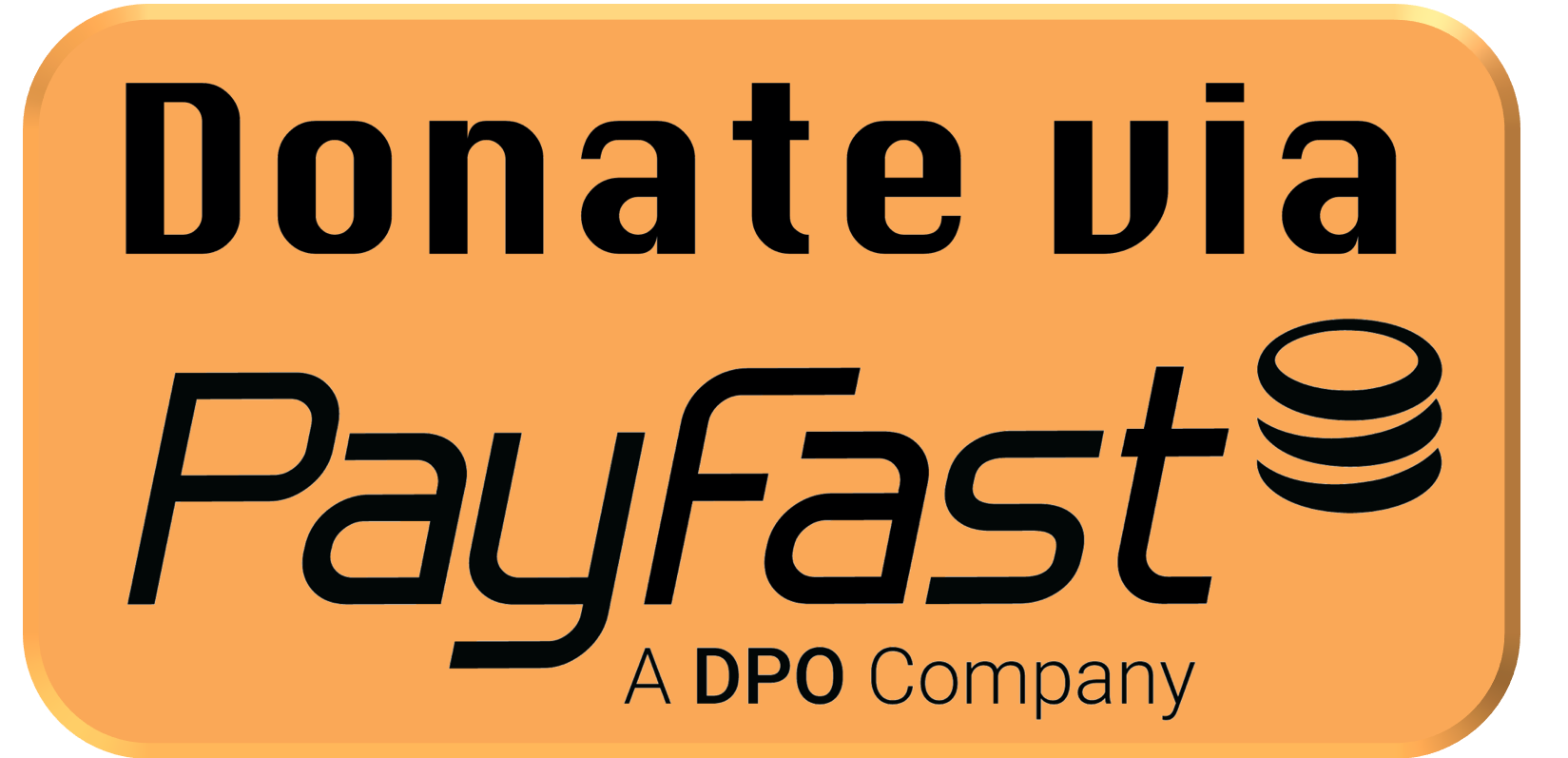Why
Youth is a period of significant biological, cognitive, and psychosocial change. Opportunities for psychosocial development are crucial for enabling personal growth, positive youth development, moral development, autonomy, and connectedness (Cotton Bronk, 2011). Inclusive and universally applicable education places youths on a positive trajectory. Creating youths who become agents of change will benefit humankind and the planet.
There is a lack of explicit evidence-based PYD programs for South African youths. Highlighting the need for investigations, particularly for underserved and hard-to-engage populations. Many schools in South Africa are without basic amenities and facilities, further limiting the capabilities of South African people. Interventions are needed to improve wellbeing and facilitate opportunities for personal growth and PYD using available resources and working within existing structures (Page & Coetzee, 2019). PYD programs integrated into schools and universities provide access and increase the likelihood of participant comfort and peer acceptance (Mokomane et al., 2017; Page & Coetzee, 2019).

